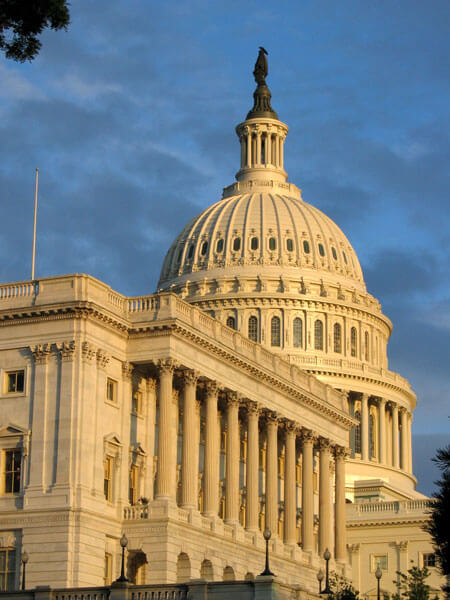On Thursday, hours before a shutdown, lawmakers extended federal funding until early December, just one of the hefty bills on their plate. Capitol Hill has also been trying to work through Democratic gridlock on the budget reconciliation bill, a proposed multi-trillion dollar bill that would fund much of President Joe Biden’s domestic agenda. Historically Black colleges and universities could have access to about $30 billion in funding from the reconciliation bill, but HBCU advocates say that is not enough.
Public HBCUs rely on federal, state and local funding more than their non-HBCU counterparts, about 54 percent of overall revenue compared to 38 percent, according to the American Council on Education. Nonetheless, they have been chronically underfunded.
In April, a Tennessee legislative committee found that Tennessee State University could be owed more than $540 million from the state withholding funds. That same month, Maryland settled a lawsuit that it had underfunded the state’s HBCUs, agreeing to direct $577 million to the schools over the next 10 years.
If the reconciliation legislation passes in its current form — and that’s a big “if” — here’s what it could mean for HBCUs.
The bill earmarks $2 billion for research and development infrastructure. However, none of that funding goes specifically for HBCUs. Instead, it is available to Minority-Serving Institutions (MSIs) in general and it is one of the major issues HBCU advocates have with the reconciliation legislation.
Lawmakers like Democratic Rep. Alma Adams and officials from the United Negro College Fund (UNCF), Thurgood Marshall College Fund and NAACP have told Democratic leaders the current funding is inadequate and would force HBCUs to compete against hundreds of other schools, falling far short of the $55 billion in research funding for MSIs Biden proposed back in March.
“As of right now, this bill does not have [Rep. Adams’] support,” John Christie, Chief of Staff for Rep. Adams and a Hampton University alum, told The Plug. “There are a lot of priorities in this bill, the money is tight. But the fact of the matter is, if this bill is designed to put HBCUs in particular on a more competitive playing field, then the way the bill is currently designed, it doesn’t do that.”
The UNCF is urging supporters to send a pre-written email to their representatives that asks lawmakers to “support the reconciliation bill but only with increased funding for HBCUs. Currently, HBCUs are forced to compete with institutions that look nothing like HBCUs for reconciliation funding, and that is unfair and insensitive to the summer racial recognition and unrest we experienced last summer. Guard rails should be placed around that funding.”
Congress is also allocating money for tuition assistance at all MSIs, not just HBCUs. It would give schools grants to subsidize part of low-income students’ tuition, though the bill does not appropriate a specific amount. The funding would instead be based on the number of eligible students at the school and the median community college tuition and fees in the school’s state. HBCUs and other MSIs could be looking at $27 billion in tuition assistance, according to Christie.
The legislation also allocates about $1.5 billion to HBCUs and other MSIs through Title III and Title V of the Higher Education Act of 1965.
Title III provides “funds to improve and strengthen the academic quality, institutional management, and fiscal stability of eligible institutions,” according to the Department of Education. Schools can also put the funds towards their endowments, though typically no more than 20 percent, and Title V is focused specifically on Hispanic-Serving Institutions.








